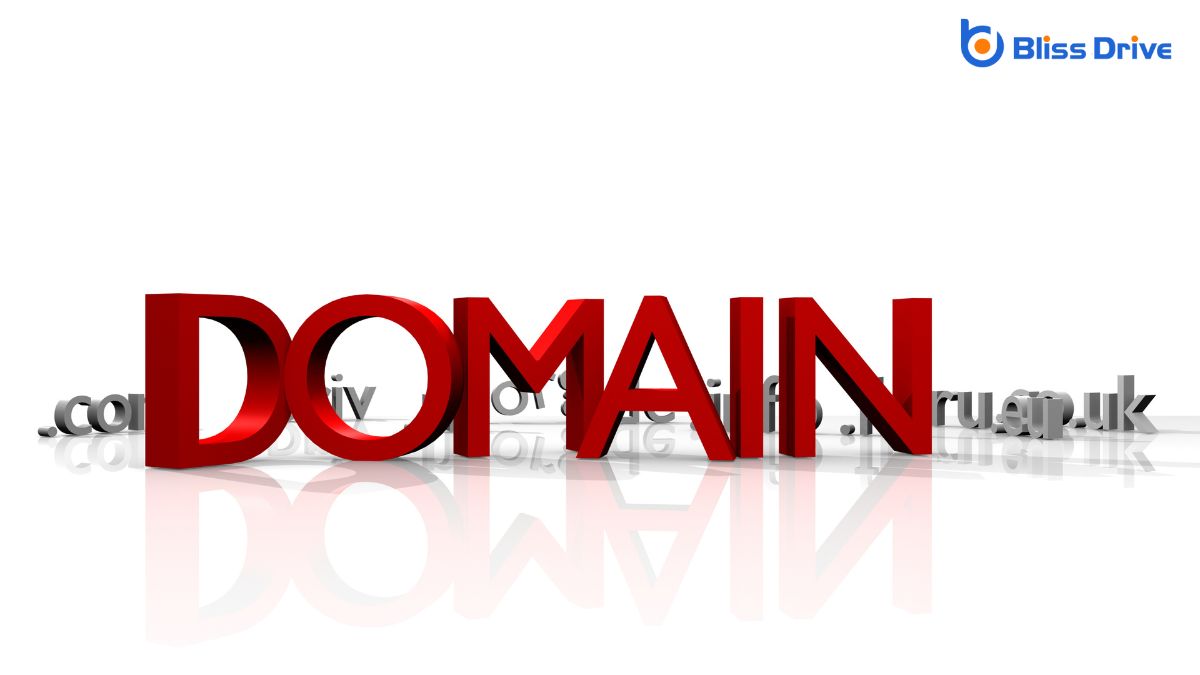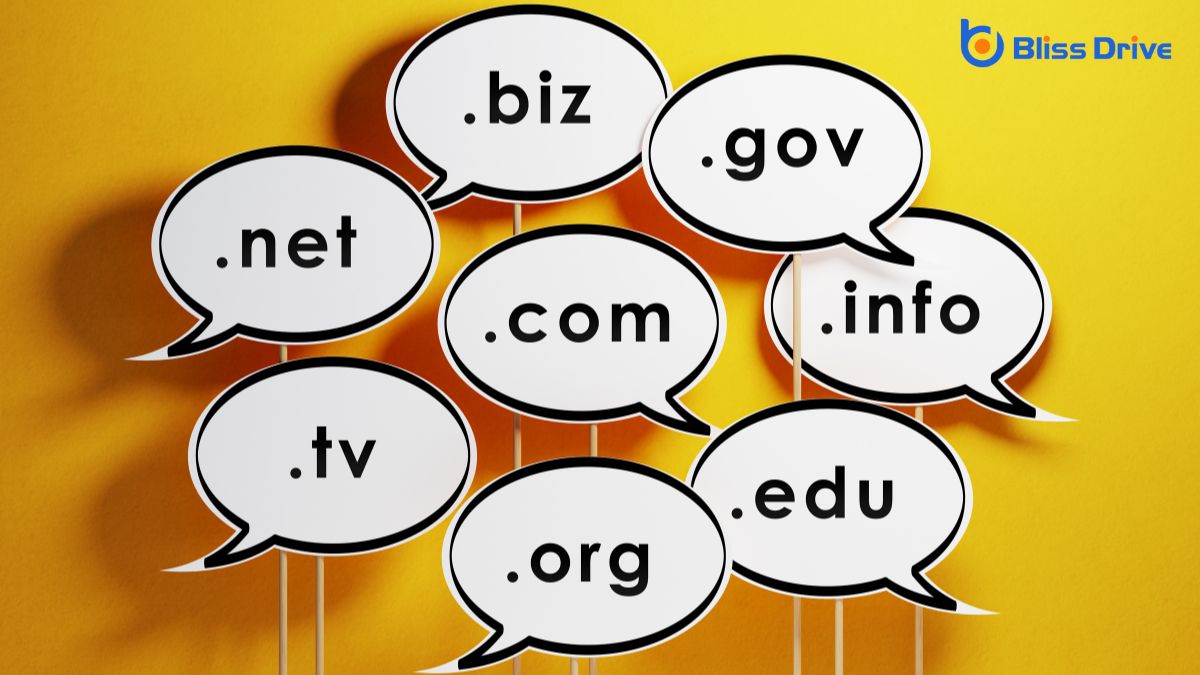Learn More About Us

When we think about which domain is better for SEO, it's essential to weigh several factors like trust, memorability, and relevance. We often wonder if a .com or .org domain gives us an edge, or if a keyword-rich domain can enhance our site's visibility. We also have to take into account how domain ageThe length of time a domain has existed, sometimes considered in SEO. and history affect our online presence. Let’s explore how to choose a domain that strikes the right balance.

How exactly do domain extensions influence SEO? Let's break it down together.
Domain extensions, often called top-level domains (TLDs), are the suffixes that follow the main part of a web address, like .com or .org. While Google insists that TLDs don’t directly impact search rankingsThe position at which a website appears in the SERP., they can affect users' perceptions and, subsequently, their behavior.
For example, a .edu extension might seem more educational and trustworthy than others, potentially increasing click-through rates.
Additionally, country-specific TLDs, like .uk or .ca, can influence search results in those regions, providing a localized advantage.
Choosing the right extension can enhance brand identityThe visible elements of a brand, such as color, design, and logo, that identify and distinguish the ... and credibility, indirectly aiding SEO efforts by affecting user engagementThe level of interaction and involvement users have with social media content. and trust.
It's vital to take these factors into account when selecting a domain extension.
When we compare traditional domain extensions like .com with newer ones such as .blog or .tech, we should consider their impact on search rankings and brand perceptionHow consumers view and interpret a brand's image and identity..
Traditional domains often carry a sense of familiarity and trust, potentially influencing how search engines and users perceive them.
However, new domain extensions can offerThe specific product or service being promoted by affiliates. a unique brandingThe process of creating a unique name, design, and image for a product or service in the consumer's ... opportunity, allowing us to stand out and target specific audiences.
As we explore the impact of domain extensions on search rankings, it's essential to understand the difference between traditional extensions like .com, .net, and .org, and newer options such as .tech, .app, or .xyz.
The choice of extension alone doesn't directly affect rankings. Search engines focus more on the quality of content, relevance, and user experience.
However, traditional extensions are often perceived as more trustworthy. This perception might indirectly influence user behavior, like click-through rates, which can affect rankings.
Newer extensions don't inherently harm SEO; they offer opportunities for niche-specific branding.
Ultimately, our focus should remain on creating valuable content and ensuring our website's overall health, regardless of the chosen domain extension.
While choosing a domain extension, we often encounter the dilemma of opting for a traditional or a newer one, and this decision can greatly impact brand perception.
Traditional extensions like .com or .org are widely recognized and trusted, often lending an air of credibility and reliability to a brand. They’re perceived as the standard, making them a safe choice for businesses aiming to establish trust quickly.
On the other hand, new domain extensions like .tech or .store can convey innovation and specialization. They offer a unique chance to stand out, especially if they align closely with a brand’s nicheA specific segment of the market targeted by affiliates to promote products or services..
However, they might also raise skepticism among consumers unfamiliar with them. We should weigh these perceptions carefully to guarantee our domain aligns with our brand imageThe perception of a brand in the minds of consumers, shaped by advertising, word of mouth, and exper... and goals.
Keyword-rich domains have intrigued many in the SEO world due to their potential impact on search engine rankings. We often wonder if these domains still hold the power they once did.
While they can offer some benefits, it's crucial to understand their role clearly. Let's break down what they can do:
Ultimately, while keyword-rich domains can contribute to SEO, they aren't the sole determining factor.
Let's talk about how country code top-level domains (ccTLDs) can boost local SEOOptimization strategies aimed at improving a website’s visibility in local search results. efforts.
By using a ccTLD, we can enhance our site's local relevance and benefit from improved geotargeting, which can leadA potential customer referred by an affiliate who has shown interest in the product or service but h... to higher search visibility in specific regions.
Plus, users often perceive these domains as more trustworthy, which can positively influence their interaction with our site.
When we aim to enhance a website's local search presence, country code top-level domains (ccTLDs) can be a powerful tool. They signal to search engines that our content is specifically relevant to users in a particular region. This boosts local relevance, which is essential for businesses targeting specific geographic areas.
Here's how ccTLDs can benefit our local SEO:
As we explore the domain of geotargeting and search visibility, it's crucial to understand the strategic role country code top-level domains (ccTLDs) play in local SEO. ccTLDs, like .uk or .fr, signal to search engines that a website targets a specific country, enhancing its visibility in local search results.
By using a ccTLD, we can effectively communicate our geographic focus, which helps search engines prioritize our site for users searching within that region.
When we choose a ccTLD, we're not only improving our local search presence but also aligning our domain with a target audience's preferences. This strategic choice can lead to better search rankings and increase our site's relevance for local users, ultimately driving more targeted traffic to our website.
While we consider the impact of country code top-level domains (ccTLDs) on local SEO, it's essential to highlight how they also influence trust and user perception. A ccTLD can convey that a website is specifically tailored for users in a particular country, fostering a sense of reliability and relevance.
When visitors see a familiar domain, they might feel more inclined to engage with the content. Let's explore the factors that contribute to this trust:
Choosing the right domain nameThe address of a website, crucial for branding and SEO. is essential for both SEO and branding, as it serves as the first impressionWhen an ad is displayed on a user’s screen. of your online presence. A memorable, concise domain can enhance brand recognitionThe ability of consumers to identify a brand by its attributes, such as logo, color, or packaging. and make it easier for users to find us.
When selecting a domain, we should consider aligning it with our brand name or core message. This creates consistency across our marketing channels and strengthens brand identity.
Additionally, we should avoid complex or hard-to-spell words, as these can confuse potential visitors and weaken our brand’s impact. Including relevant keywords can be beneficial, but only if they fit naturally and don’t compromise our brand’s essence.
Ultimately, a well-chosen domain reflects our brand’s personality, making it easier for users to connect with us and remember our site.
In addition to branding factors, the age and history of a domain play a significant role in SEO. When we evaluate a domain's potential, it’s important to take into account how search engines perceive its age and past.
An older domain often gains trust and authority more easily. Let’s explore why:
Understanding these elements helps us appreciate how domain age and history influence SEO effectiveness.

When selecting a domain name for SEO, it’s essential to strike a balance between memorability and relevance to your content or business. We should aim for a name that reflects our brand and includes a primary keyword. This helps search engines understand our focus and improves ranking potential.
Let’s keep it short, ideally 6-14 characters, to make it easy to remember and type. Avoid using hyphens or numbers, as they can confuse users and reduce credibility.
Choosing a domain extension that fits our industry or region, like .com, .org, or a country-specific option, can enhance trust and relevance.
Finally, we should guarantee our domain is unique and not easily confused with competitors, which helps maintain clarity and brand identity.
In the end, we’ve seen that choosing the right domain is essential for SEO success. While traditional TLDs like .com and .org often build trust, newer and keyword-rich domains can enhance relevance and memorability. We shouldn’t overlook the importance of domain age, backlinksLinks from other websites pointing to your website, crucial for SEO., and strong branding in establishing authority. By carefully balancing these factors, we can select a domain that not only boosts our SEO performance but also resonates with our audience.
